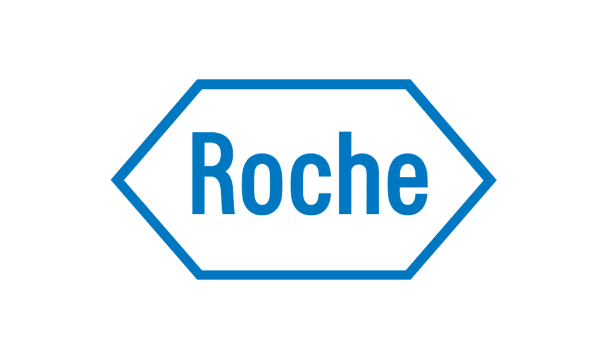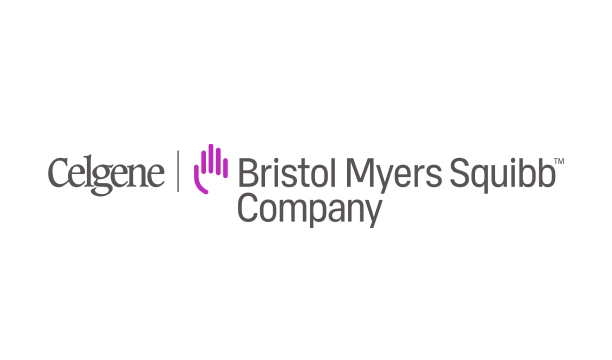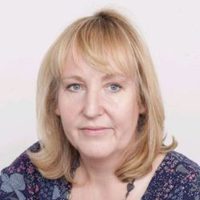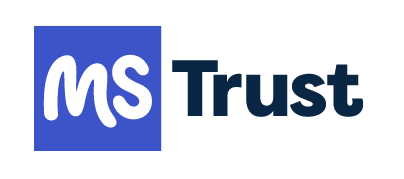Before you watch this webinar
Enhancing your learning experience begins with understanding you better. Collecting data enables us to tailor our educational content specifically for our audience. Discover more about how we handle your information in our Privacy Policy.
Event
The MS tsunami post-COVID-19: how to manage the needs of people with MS
Our sponsors


CPD accreditation
This webinar has been approved by the Federation of the Royal Colleges of Physicians of the United Kingdom for 1 category 1 (external) CPD credit(s). To claim the credit please email hughskelton@neurologyacademy.org
Panel discussion to cover:
- Dealing with diagnostic and treatment delays
- Social care and mental health issues in the community
- How to monitor patients safely and efficiently
- Dealing with vaccine readiness and hesitancy
- What will MS services will look like in 12 months time
- How do we bolster and create a resilient MS workforce.
Summary
How big a problem is the post-Covid backlog in MS services?
Some estimate that referrals have dropped by around 20 or 30% over the last year, but the real problem, is that we do not yet know the scale of the problem, said Professor Jeremy Hobart.
David Martin said the neurological services waiting list currently stood at around 262,000 people, compared to around 200,000 this time last year.
Rob Sloan explained that there had been a “huge amount of discussion” on the Shift.ms forums around disruptions to the diagnostic process.
“There are a lot of people stuck in limbo, a lot of people waiting for that first point of contact with a neurologist, and a huge amount of uncertainty around when appointments are going to happen.”
All of this, combined with uncertainties over treatment plans and vaccines, as well as interruptions to normal life and coping strategies, is contributing to high levels of anxiety among people with MS, he said.
Offering advice on how to help patients experiencing anxiety, Jo Johnson said: “One the really important things… is some recognition that anxiety is a normal response to distress. We have to resist the urge to jump to the conclusion that anxiety and low mood are a mental illness.”
Two new treatments have recently received the green light from NICE. How are they contributing to pent up demand?
Fredi Cavander-Attwood explained that the charity always received an influx of calls when new treatments were approved – particularly for progressive MS. However, these drugs are not suitable for everyone, and organisations like the MS Society have an important role to play in managing expectations, she added.
Professor Gavin Giovannoni added that predicting demand was difficult, as there were waiting lists for the MRI scans that would tell clinicians who is eligible for new drugs.
How will pre-existing workforce shortages affect post-Covid services?
Jeremy said there UK-wide shortages of around 150 MS neurologists and around 300 MS nurses, as well as an estimated 150 coordinators and 150 pharmacists. It is not a “manageable scenario”, he added.
“We're certainly going to have to work differently, and we're going to have to look at how services are structured and delivered,” he said.
“I think we have two issues. One is how we are going to manage the acute problem of the tsunami that is coming post-Covid, and second is the long-term solution to delivering services.”
Teams will need to look at staff management as well as patient management, he went on.
“The impact on MS teams, has been underestimated. There’s been a huge impact on patients, and a huge impact on staff. Together, the potential for a disaster is very significant.”
Covid-19 has highlighted health inequalities. How do we make sure that recovery works for everyone as we bring services back online?
There were already huge variations in access to MS care across the UK before the pandemic, Fredi and Gavin agreed. Doubling down on existing efforts to overcome the problem is key in the months ahead.
The Neurology Academy’s Raising the Bar initiative has been working to address the problem from the last few years, Gavin went on, adding one of the work streams covered the social determinants of health.
There has been a huge increase in the use of digital care during the pandemic. While these may be helpful in breaking down geographical barriers to MS services, we must also be mindful of digital exclusion, the panel agreed.
“I know a lot of us are interested in making sure that patients aren't shut out of services because they can't access a remote appointment or it is just not for them,” said Fredi, adding that more work was also needed to help people prepare for remote appointments.
Could pooling resources to create a larger network of MS professionals who deliver care over a larger geographical area be beneficial?
From a patient’s point of view, Rob said a “geographical-centric” approach allows for a shared understanding of lifestyle factors between patient and healthcare team. People with knowledge of local school networks and employment schemes, for example, can offer invaluable support.
“There's a balance of access to care and understanding of individual patient needs that shouldn't be lost if services were spread across the country,” he said.
David said that a network model could help to ease some of the workforce issues and suggested it be built around the expertise of specialist nurses.
A hybrid model that accounts for both approaches while ensuring access for all could be the answer, the panel said.
Are the upcoming NHS structural changes an opportunity for MS services?
“There is an opportunity here, but there are definitely some things we are worried about,” said Fredi.
The changes include devolving the funding of some specialised services, and there are concerns over how that might impact access to DMTs, she said. However, the move to make services more integrated could be a fantastic opportunity to improve patient care, she went on.
How do we meet the challenge of MS care in the face of a Covid-induced wave of demand?
“Fixing the problem” will entail greater cross-sector working and the greater utilization of data, the panel agreed.
With better alignment of priorities, the MS community would be much more effective and better able to play to its strengths, said Jeremey. Pharma, for example, puts a “massive amount of money” into MS care, but “there is a lot of wastage and duplication”.
MS care is, said David, at a crossroads. “We can't go back to where we were a year ago, we can't reset, we have to do better than we are. I think we've got the resources we need but we need to use them better.”
Data collection and utilisation is an important part of the solution, as it will allow teams to ensure their resources are focused in the right areas, said the panel.
Gavin explained that the Raising the Bar team were currently working to make this information more accessible. Using a new data dashboard, which will soon be available from the MS Academy, teams will be able to track and compare unscheduled emergency admissions.
To help in this effort, all MS teams should take part in the MS Academy’s MS audit, he added.
Podcast
Were you registered on this course?
Log in to access resources..
LoginOur sponsors


Chair
 Prof Gavin Giovannoni
Prof Gavin GiovannoniProfessor of neurology, Barts and The London School of Medicine and Dentistry
Speakers
 David Martin
David MartinCEO, MS Trust
 Fredi Cavander-Attwood
Fredi Cavander-AttwoodPolicy manager for health and social care, MS Society
 Rob Sloan
Rob SloanHead of insights, Shift.ms
 Prof Jeremy Hobart
Prof Jeremy HobartConsultant neurologist, University Hospitals Plymouth
 Jo Johnson
Jo JohnsonIndependent clinical psychologist
Encouraging excellence, developing leaders, inspiring change
MS Academy was established in 2016 and in that time has accomplished a huge amount with exciting feedback demonstrating delegates feel inspired and energised along their personal and service development journeys. The various different levels of specialist MS training we offer are dedicated to case-based learning and practical application of cutting edge research.




